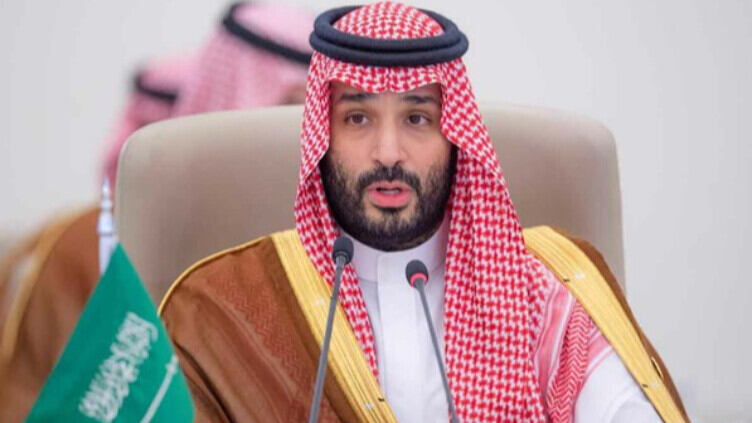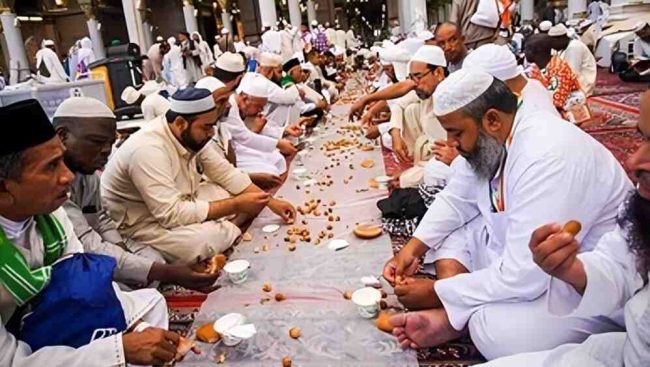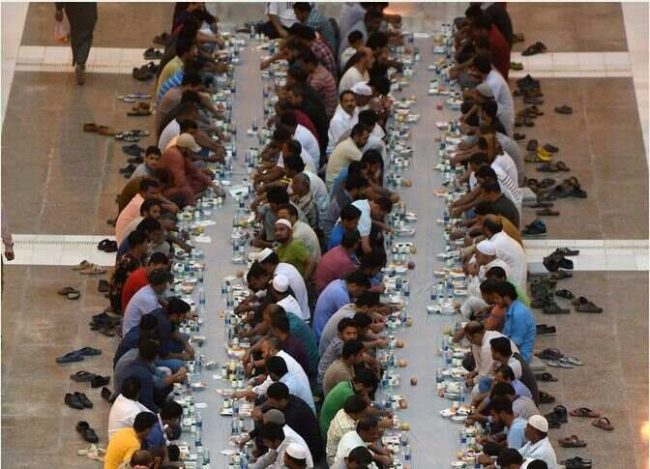
Why did Saudi Arabia’s Mohammed Bin Salman ban iftar in Mosques?

In light of concerns regarding the hygiene of the mosque premises following Iftar meals, Saudi Arabian Prince Mohammed Bin Salman banned Iftar in mosques prior to the holy month of Ramadan. It is planned that this year holy month of Ramadan will start on March 11 and end on April 9.
In a set of directives sent to mosque staff last week, the Saudi Arabian ministry of Islamic affairs forbade feasts within mosques and limited imams and muezzins from soliciting money to host Iftar dinners citing worries about hygienic conditions. The notice which was also posted on social media platform X stated that the Ministry of Islamic Affairs Dawah and Guidance issues a number of instructions related to mosques during the blessed month of Ramadan 1445 AH.

The Ministry emphasized to imams and muezzins in different parts of the kingdom not to solicit money for Iftar projects for individuals who are fasting and other projects. Iftar projects should also not be held inside mosques due to hygienic concerns instead the proper location should be set aside in the mosque courtyards, without the need to erect temporary structures like tents or rooms.
The edict also stated that imams and muezzins should oversee the holding of Iftar and that the person preparing it has a duty to clean up the area as soon as breakfast is finished.
The ministry forbade the use of cameras on mosque property. It stated that recording the imam and worshippers performing the Namaz should be avoided since it would diminish the devotion of the worshippers. It outlawed the broadcasting of prayers on any kind of media, including social media. The rule states that during prayer times, no cameras are permitted on the mosque grounds. It asked visitors not to record.

